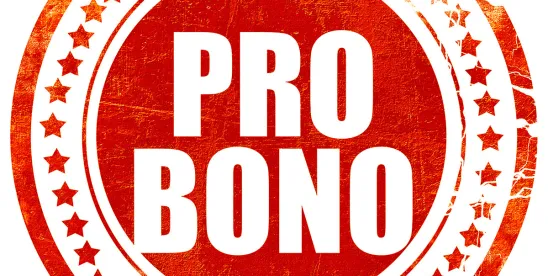Yesterday, I took note of a new law that requires active members of the California State Bar to disclose annually whether they have provided pro bono legal services and certain other information through the licensee’s My State Bar online profile on the State Bar’s internet website. One aspect of this new law that I did not discuss are the exceptions. There are three. The law exempts a member who is:
(1) Is employed by an organization primarily engaged in the provision of pro bono legal services, including qualified legal services projects and qualified support centers, as defined in [Business & Professions Code] Section 6213, legal aid organizations, and nonprofit public benefit corporations, as authorized by Section 13406 of the Corporations Code.(2) A full-time employee or an officer or elected official of the State of California, or political subdivision thereof, or the federal government.(3) Is prohibited by their current employer from performing pro bono legal services if the licensee declares this prohibition on their My State Bar online profile on the State Bar’s internet website through a provided section when payment of annual fees is due.
I can think of reasonable rationales for the first and third exceptions, but the only rationale that comes to mind for the second exception is that legislators and other government lawyers simply do not want to be burdened by the requirements that they are willing to impose on others. Government lawyers are certainly no more pressed for time than other lawyers. Further, I am not aware of any prohibition on government lawyers providing pro bono legal services. Notably, the State Bar Act makes no exception for legislators and other lawyers in government service: "Every lawyer authorized and privileged to practice law in California is expected to make a contribution". Cal. Bus. & Prof. Code § 6073.



 />i
/>i
